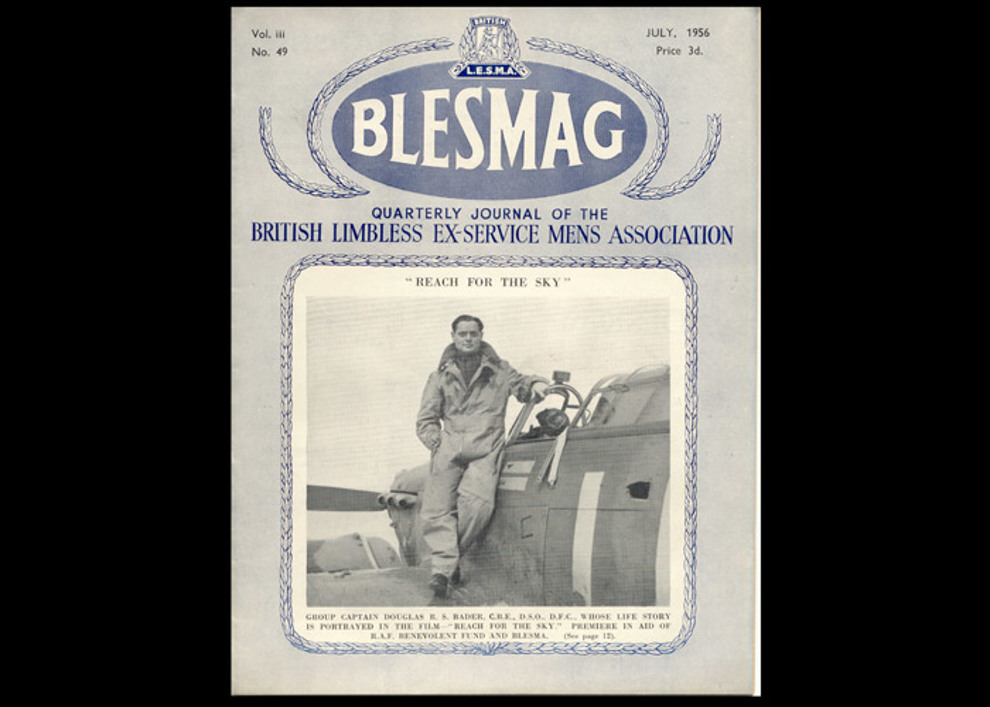Battle of Britain Day commemorates the 15th September 1940, which is renowned as the most pivotal day during the Battle of Britain.
The Battle of Britain was, and still is, the largest air battle the world has ever seen. The WWII battle spanned over four gruelling months, lasting from 10th July 1940 to 31st October 1940.
On September 15th 1940 — now known as Battle of Britain Day, The German Luftwaffe offensive attempted a massive assault on Britain’s defences. The Germans failed, as Britain were able to deploy tactical squadrons which resulted in heavy losses on the German side. As a result, the RAF Fighter Command claimed the battle to be a decisive victory over the German Luftwaffe.
Since this historic day, the Battle of Britain is remembered annually on 15th September. This year marks the 83rd anniversary of the Battle of Britain.
To remember the fallen servicemen during this decisive defensive battle, a service is held annually at Westminster Abbey on 15th September, alongside a fly-past of three RAF Spitfires and one Hurricane.
"Never was so much owed by so many to so few." - Winston Churchill, 20th August 1940
Battle of Britain Timeline
After capturing France in just 46 days and the evacuation of Dunkirk, Hitler set his sights on destroying the RAF and invading Britain.
The battle was predominantly airbourne, with Britain’s iconic Spitfires and Hurricanes being used to fend off the German Luftwaffe, largely over southern England. The RAF were also supported by the Anti-Aircraft Command, Observer Corps and Balloon Command in shooting down German raiders.
Lasting over four months, the Nazis severely underestimated the determination of the RAF and morale of the British nation. The Battle of Britain ended on 31st October 1940, after Hitler called off the operation due to heavy losses and little progress.
The Hardest Day
Even though 15th September was decided as the day to commemorate the Battle of Britain, post-war records show Sunday, 18th August to be “The Hardest Day”. The name was coined due to both sides experiencing the highest amount of aircraft losses on the 18th. It’s believed approximately 100 German and 136 British aircraft were shot down or damaged in one single day.
Battle of Britain Losses
Both the RAF and Luftwaffe suffered major losses during the Battle of Britain. Over 2,500 German airmen lost their lives, including many experienced pilots, which was later rumoured to have had a lasting negative impact on the Nazi’s war efforts.
On the Allied side, the Royal Air Force and the other Allied nations lost over 1,500 airmen from the Fighter, Bomber and Coastal Commands. The resilience and determination of the Allies was a key to its overall success during the Battle of Britain.
As a result of the ferocious fighting, many casualties on both sides suffered severe burns, loss of limbs, devastating bullet wounds and post-traumatic stress disorder (PTSD). In some cases, pilots found themselves engulfed in flames and trapped inside their cockpit, before making an emergency landing and evacuation.
Due to significant bombing raids on heavily populated areas such as London, Birmingham, and Liverpool, there were also significant British civilian losses. It’s estimated over 23,000 British civilians died and over 32,000 were wounded as a result of bombing raids, which were also part of the Blitz period.
Douglas Bader’s Story

Douglas Bader was one of the most famed pilots from the Battle of Britain. Not only did he gain a reputation as one of the RAF’s most deadly pilots, but he was one of Britain's most well-known limbless veterans.
Bader lost both his legs before WWII, after a horrendous aerobatics crash at Woodley Aerodrome in Reading. Both of his legs had to be amputated, but after many touch-and-go moments during his recovery, he decided to learn to fly again — using artificial legs.
During the Battle of Britain, Bader’s unique story inspired the British nation. He shot down numerous Luftwaffe Messerschmitt Bf 109’s and Dornier 17 bombers, preventing them from going on to bomb civilians and tactical locations.
Support our work
Blesma is committed to helping its Members live independent and fulfilling lives after suffering the loss of limbs, use of limbs, sight, speech or hearing.
Since 1932, Blesma has worked tirelessly to provide practical, emotional and financial support to injured military personnel, their families and widow(er)s as they rebuild their lives.